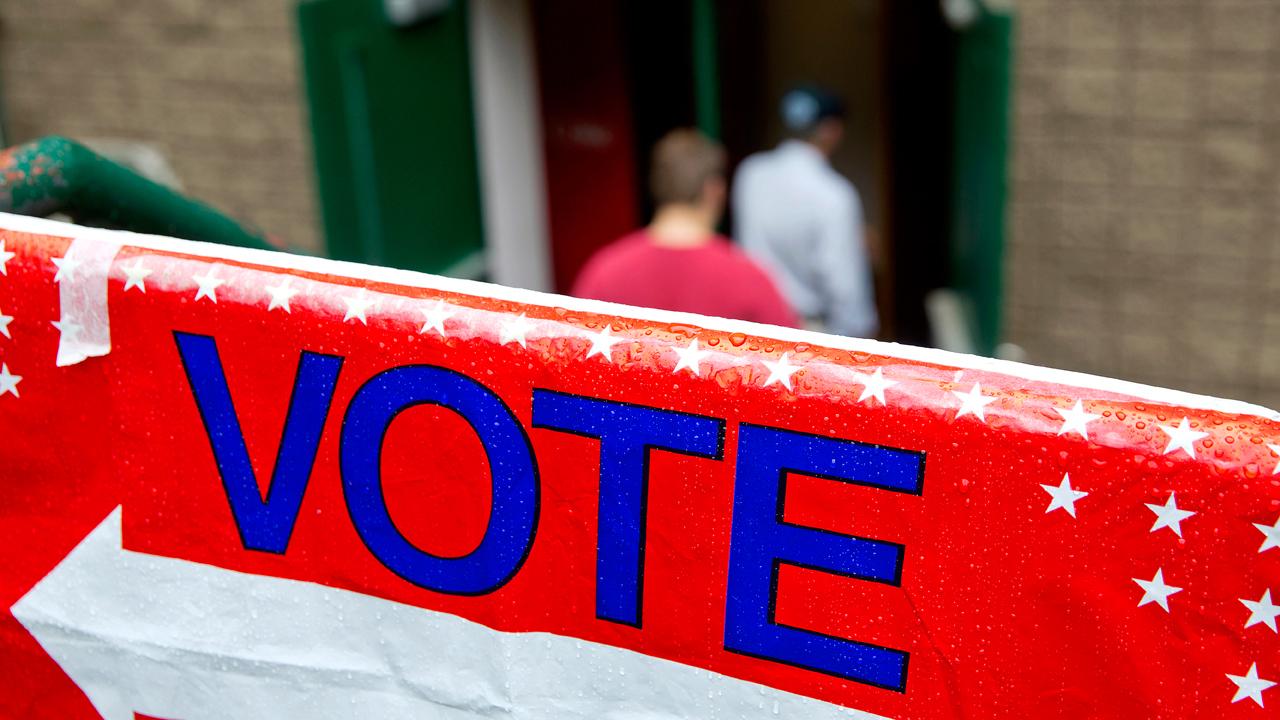Bernie Sanders wants Wall Street to pay for America's student loan debt
Independent Vermont Sen. Bernie Sanders, who is running for president in 2020, wants to tax Wall Street transactions as a means to provide student debt relief to millions of Americans.
The presidential hopeful announced the proposal on Capitol Hill on Monday, where he was joined by Democratic New York Rep. Alexandria Ocasio-Cortez.
The plan, which calls on the federal government to eliminate $1.6 trillion worth of U.S. student debt and eliminate tuition at public and community colleges, would rely on a tax on Wall Street to cover the costs.
“In 2008, we bailed out Wall Street. Now it's time to tax Wall Street's greed to help the American people,” Sanders wrote on his Facebook page.
Sanders unveiled the tax proposal last month, dubbed the “Inclusive Prosperity Act.” The bill calls for a tax of 0.5 percent for stock trades, 0.1 percent for bonds and 0.005 percent for derivatives. A $1,000 stock trade would be taxed $5, while a $1,000 trade in derivatives would be taxed $0.05.
Sanders has deemed it a “speculation tax” because it is designed to discourage speculation within the market, meaning it is not aimed at middle-class investors who tend to leave their money in the market to grow over longer periods of time. Instead, it aims to curb short-term activity among high-frequency traders, which can have destabilizing effects on the market. In May 2010, for example, a so-called “flash crash”— said to be partially caused by selling among high-frequency traders – wiped out billions of dollars from stocks before prices recovered not long after.
By some estimates, the tax would raise $600 billion over the course of a decade. Sanders estimated the measure could raise as much as $2.4 trillion.
Washington Rep. Pramila Jayapal and Minnesota Rep. Ilhan Omar are co-sponsors of the bill to eliminate student debt.
Massachusetts Sen. Elizabeth Warren, who is also running for the Democratic Party nomination in 2020, recently unveiled her own plan to cancel student debt. Her plan involves the cancellation of $50,000 in student debt for individuals with household incomes below $100,000 – or about 42 million people. American households with higher incomes, up to $250,000, would also see some of their debt written off as well. The $50,000 cancellation amount would phase out by $1 for every $3 in income above $100,000.
Warren estimates her plan would cost $640 billion, while a Universal Free College program she also proposed would bring the total cost up to $1.25 trillion over the course of a decade. She said her plan could be paid for through her “ultra-millionaire tax,” or a tax equal to 2 percent for those with more than $50 million in assets, or 3 percent for those who have assets valued at more than $1 billion.
CLICK HERE TO GET THE FOX BUSINESS APP
Outstanding student loan debt has doubled over the past decade to more than $1.5 trillion in 2018 and is now second only to the amount of mortgage debt held by Americans. It has been named as a contributor to declining home ownership rates among young adults.
Ocasio-Cortez said it was easier for her to become the youngest woman ever to serve in Congress than to pay off her student loans.





















